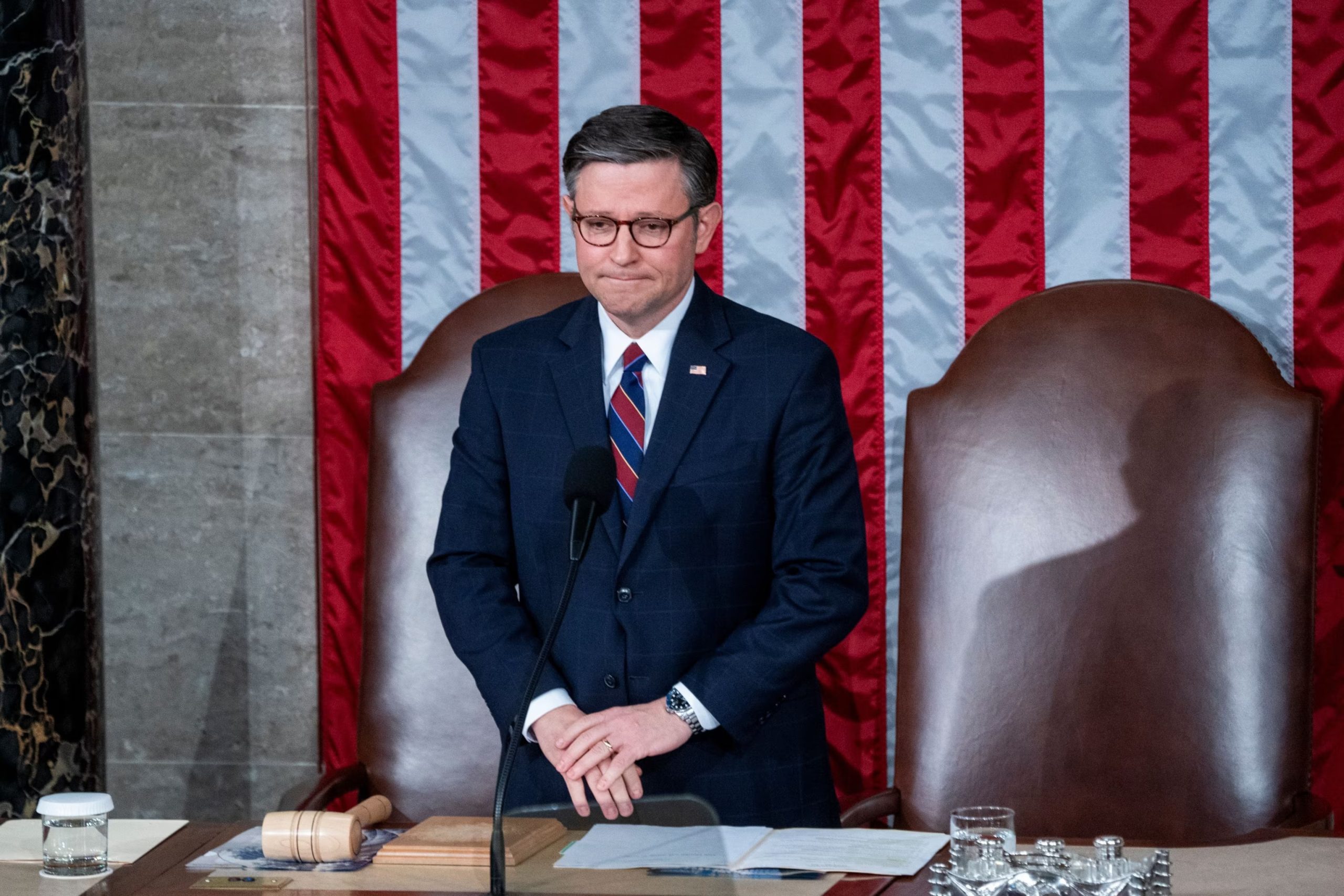The House recently passed a revised version of the Foreign Intelligence Surveillance Act (FISA) re-authorization, with a vote of 273-147, despite opposition from both hardline conservatives and progressive Democrats. This two-year re-authorization package faced contentious debate primarily concerning privacy concerns related to a section of FISA designed for surveillance of foreign threats. Following its passage in the House, the bill now proceeds to the Senate for further consideration.
Earlier in the day, House Republicans voted along party lines to advance the bill through a procedural hurdle, after failing to do so earlier in the week. However, a group of Republicans joined Democrats on Wednesday to vote down a bill proposing a five-year re-authorization of FISA, leading to a revision down to a two-year renewal period for the final bill passed on Friday. Notably, five Republicans and five Democrats abstained from voting.
Representative Anna Pauline Luna, a leading Republican voice against the FISA renewal, is attempting to introduce a motion to reconsider the legislation following its passage in the House. However, the success of this motion in the upcoming vote next week is doubtful. The urgency to pass the bill stems from the fact that FISA authority is set to lapse on April 19 if not renewed, with expectations that the bill will swiftly pass through the Senate once the motion to reconsider fails.

Speaker Mike Johnson pushed for hardline Republicans to support the FISA re-authorization, aiming to address concerns over FISA section 702, which allows intelligence officials to monitor foreign threats to U.S. national security. However, tensions within the Republican Party persist, with Johnson set to meet with former President Donald Trump to discuss potential legislation regarding non-citizen voting in U.S. elections.
Conservative hardliners and progressive Democrats aligned in their opposition to the FISA re-authorization without substantial reforms to the section 702 process. Former President Trump voiced opposition to the FISA package, citing past abuses of the FISA application process, particularly in surveilling his campaign advisor, Carter Page, during the Crossfire Hurricane investigation.
FBI Director Christopher Wray advocated for FISA re-authorization, emphasizing its importance in combating various foreign threats and protecting Americans from terrorism. An amendment proposed by Representative Andy Biggs to add a search warrant requirement for Americans subject to section 702 queries failed in a tie vote, highlighting divisions within both parties.
Amendments were passed to expand section 702’s scope to include foreigners traveling to the U.S. and international drug trafficking rings, while also mandating quarterly reports from the FBI on the number of Americans queried under section 702, as proposed by Representative Chip Roy.

